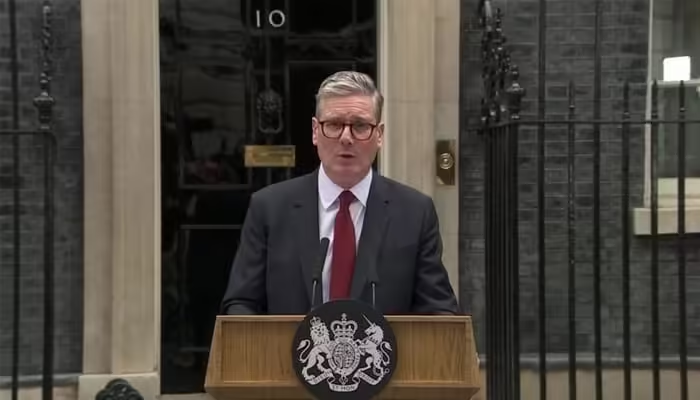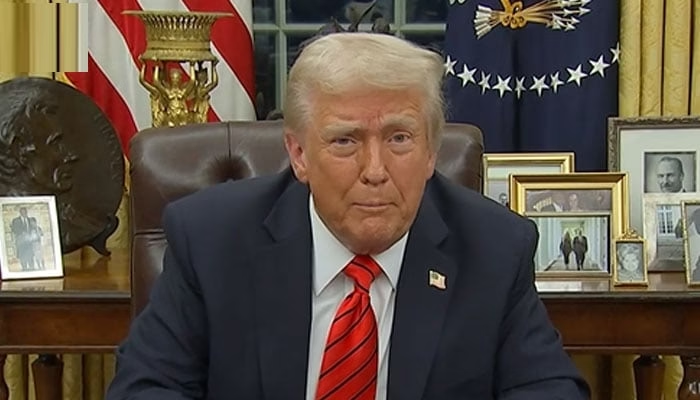In a historic turn of events, Sir Keir Starmer has been appointed the new Prime Minister of Great Britain after the Labour Party’s resounding victory in the snap general election. This marks the end of a 14-year Conservative reign, ushering in a new era of leadership and national renewal. Speaking to reporters outside the British Prime Minister’s residence, Starmer shared his vision for the future and his commitment to addressing the challenges facing the nation.
Acceptance of Leadership
Following his return from the royal palace, Keir Starmer announced that he had accepted an invitation from King Charles to form a government. This formal acceptance marks the beginning of his tenure as Prime Minister. In his address, Starmer emphasized the decisive mandate given by the British electorate, which signaled a clear desire for change and rejuvenation.
Starmer’s Vision for Britain
Keir Starmer articulated his commitment to leading the country through its current challenges and towards a brighter future. “We need to move forward,” he stated, underscoring the urgency of addressing the issues facing the nation. Starmer’s vision is to restore Britain’s standing on the global stage, making it a leading country once again.
He emphasized that his government would serve all citizens, regardless of their political affiliations. “Your government will treat every citizen with respect,” Starmer promised. He pledged to work for those who voted for Labour and those who did not, aiming to heal divisions and foster a sense of national unity.
Addressing Public Confidence
A significant aspect of Starmer’s address was his focus on rebuilding public trust in the government. He acknowledged the lack of confidence that many citizens feel towards their leaders and committed to taking practical measures to remedy this. By prioritizing transparency, accountability, and respect, Starmer aims to restore faith in governmental institutions.
Gratitude to Rishi Sunak
In his remarks, Keir Starmer extended his gratitude to outgoing Prime Minister Rishi Sunak. This gesture of thanks highlighted the importance of continuity and respect between successive administrations, even amidst significant political change.
Election Results and Labour’s Victory
The Labour Party’s triumph in the general election is a landmark achievement. With 648 out of 650 seats counted, Labour has secured a dominant majority with 412 seats. This overwhelming victory underscores the public’s desire for a new direction and solidifies Labour’s mandate to govern.
In contrast, the Conservative Party won 121 seats, and the Liberal Democrats secured 71 seats. The Labour Party’s substantial win surpasses the 326-seat threshold required to form a government, ensuring a robust majority in Parliament.
Future Prospects
The election results signal a profound shift in British politics, with the Labour Party now poised to implement its agenda and address the pressing issues facing the nation. Keir Starmer’s leadership comes at a time when the world is grappling with significant challenges, from economic uncertainty to global health crises. His commitment to making Britain a leading country again reflects an ambition to tackle these challenges head-on and steer the nation towards prosperity and stability.
Starmer’s administration is expected to focus on a range of key issues, including economic recovery, healthcare, education, and social justice. By addressing these areas, the new government aims to create a more equitable and prosperous society.
Keir Starmer’s ascension to the role of Prime Minister marks the beginning of a new chapter for Great Britain. With a clear mandate from the electorate and a vision for national renewal, Starmer is set to lead the country through its current challenges and towards a promising future. The Labour Party’s significant victory underscores the public’s desire for change and sets the stage for a new era of governance and progress. As the new administration takes shape, the focus will be on delivering tangible improvements for all citizens and restoring Britain’s standing on the global stage.



